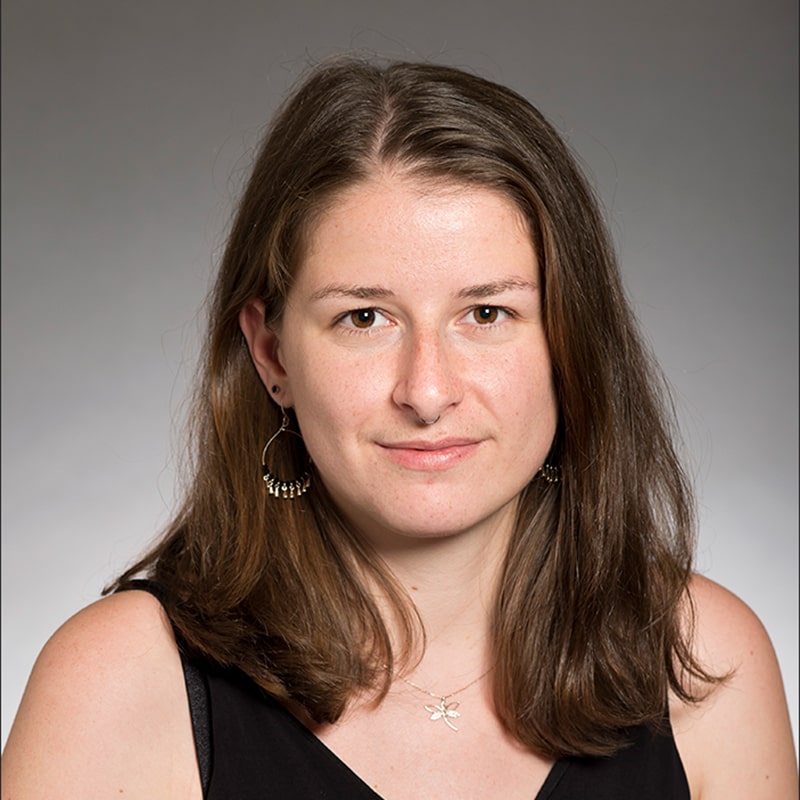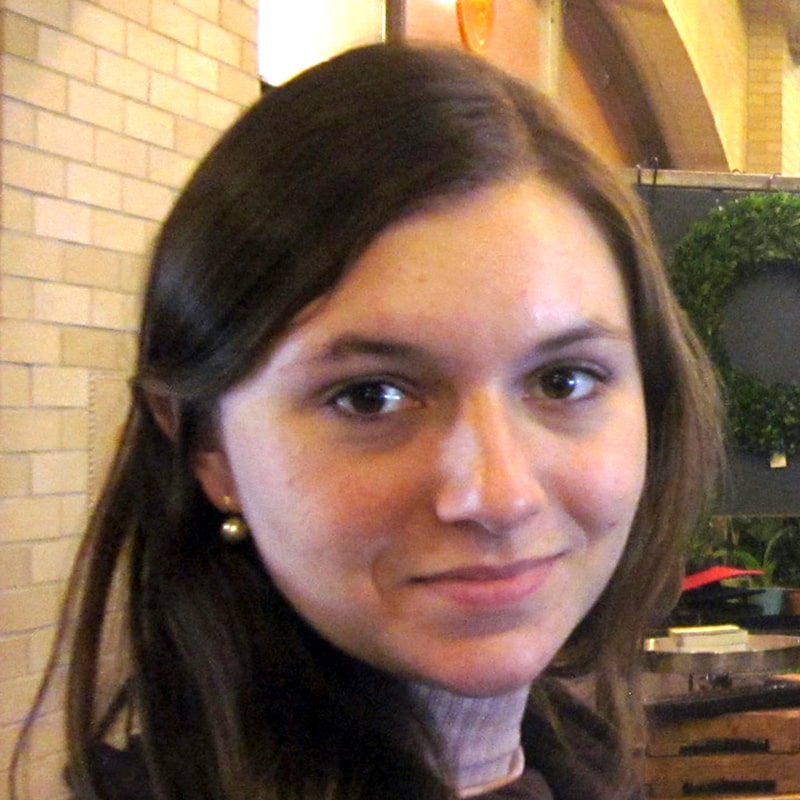Two Dietrich Students Named Amazon Graduate Research Fellows
By Stacy Kish
Nil-Jana Akpinar and Natalia Lombardi de Oliveria of the Dietrich College of Humanities and Social Sciences join three Carnegie Mellon University classmates as Amazon Graduate Research Fellows. The fellowship program supports research in automated reasoning, computer vision, robotics, language technology, machine learning, operations research and data science.
“Each fellow was selected based on their academic excellence and potential to achieve big things in their chosen fields,” said Alexa Smola, Amazon Web Services vice president and distinguished scientist. “We reviewed their research proposals to make sure they’re doing really great work. They are the real stars here. We’re supplying some funding, but they are performing the actual research.”
Nil-Jana Akpinar, a Ph.D. student working in the Department of Statistics & Data Science and the Machine Learning Department, will focus her research on bias auditing in algorithmic systems. Her work will explore how differential victim crime reporting rates can lead to biased outcomes of predictive policing algorithms.
Natalia Lombardi de Oliveria, a Ph.D. student working in the Department of Statistics & Data Science and the Machine Learning Department, works on estimating generalization to identify the difference between the test and training performance of a predictive algorithm.
Akpinar and de Oliveria join CMU students Divyansh Kaushik, a Ph.D. student at the Language Technologies Institute, as well as Emre Yolcu and Minji Yoon, both Ph.D. students in the Computer Science Department, in this honor. The Amazon fellows are free to pursue their academic goals without any obligation to the company.
Amazon is nurturing the seeds of innovation through partnerships with CMU, Caltech and other universities with strong science and engineering programs.
“We want to be good citizens,” Smola said. “And we also see this as a mechanism for us to help enhance the work that the academics are doing.”
Amazon is committed to supporting promising researchers across academia. This program currently supports five graduate students engaged in scientific research in automated reasoning, computer vision, robotics, language technology, machine learning, operations research and data science.

